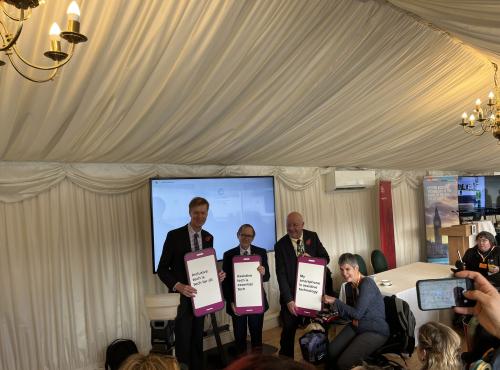Digital Economy Act (DEA) 2017 Data Analytics Brief
What does the new Digital Economy Act mean for the next government, data analytics and policy? Our Data Analytics policy specialists have picked apart its key strengths and weaknesses, and expanded on what these mean for industry and regulation.
In the downloadable brief, we have broken the DEA's key parts down into three parts:
- Under the banner of ‘Digital government’, the DEA gives the administration new powers to gather, store and share citizens data
- Access to pornographic websites is now subject to age verification
- The DEA enshrines the universal right to download speeds of 10mbps in law
Issues include:
- Ensuring that this newly gathered and stored data is as safe as possible.
- Increased interconnection of data holders within the public administration would mean that substantial investment in digital security for public services is necessary.
- Regulating the digital economy can no longer be done on an exclusively national basis.
- The Digital Economy Act mandates providers of online pornography to ensure age verification for visitors to their websites.
- Devising and implementing a suitable system of age verification for such online websites is therefore not only inherently difficult, it is also vital to get it right at the first attempt, in order to avoid eroding public confidence.
- To achieve universal right to download speeds, a workforce with excellent digital skills is absolutely vital.
- Access to high speed internet regardless of where in the UK one lives is not a luxury but an indispensable pre-requisite to achieving this goal.
- The incoming government, regardless of its colour, will have to find ways to improve the country’s digital infrastructure.
- Closely linked to providing this infrastructure for the 21st century is the need to prevent skills shortages in the sector.



